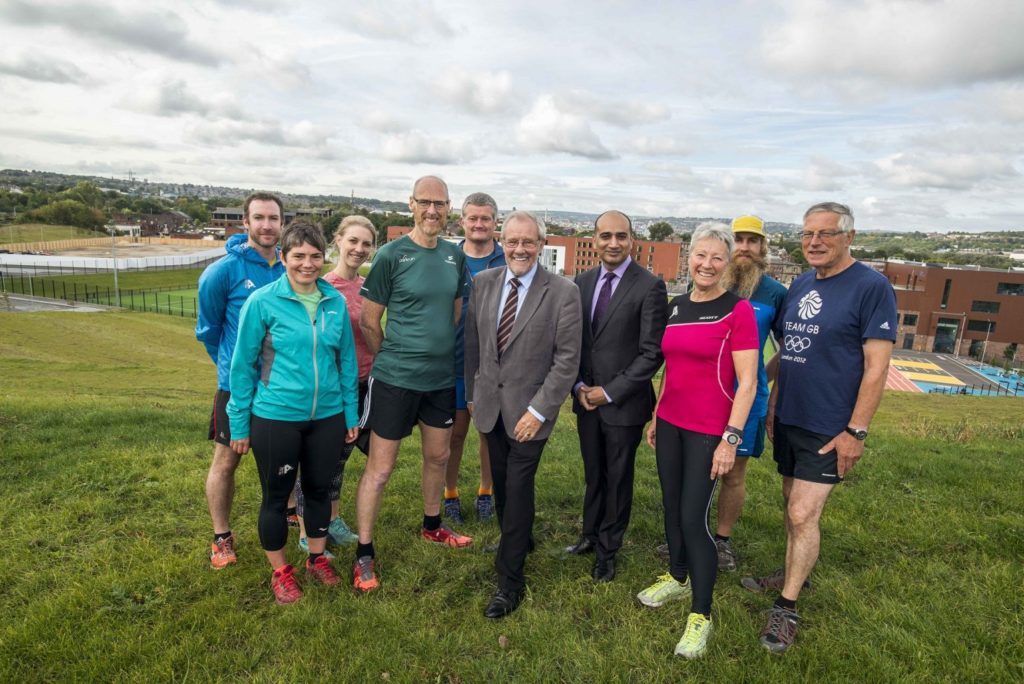Local papers, The Telegraph and The Star, will mark this important milestone by “Celebrating the NHS at 70” with a number of articles telling the stories of local people who have been supported by the NHS and its impact on Sheffield City Region.
What is interesting, when you look back, is how the three founding principles of the NHS have stood the test of time – services were provided free at the point of use, services were financed from central funds and everybody was eligible for care.
Announced by the then Health Minister Aneurin Bevan in 1948, it was to become the envy of the world.
Even though the challenges facing the NHS in 1948 were very different to those facing it today, the NHS has adapted and changed to the prevailing demands within the framework of the original principles laid out by Bevan.
Great advances have been made with the health and wellbeing of the nation through the development of services, new technologies and the use of data in creative and productive ways.
But, with an ever growing and aging population, expectations from the public becoming more demanding and the integration of health and social care services, the next 70 years of the NHS will need to be different if it is going to continue to be a world leader.
On reflection, in a small way these were issues we asked back in July 2005 when we won the right to stage the 2012 Olympics in London. How could we develop a legacy that would impact the health and wellbeing of the nation? How could we use the power of the Olympics and elite athletes to change behavior and effect an improvement in our lifestyles?
These were not unreasonable questions when we were about to commit around £10 billion of public funding, matched by billons of International Olympic Committee (IOC) and private sector monies.
Back in 2005, the IOC was also mindful that staging the Olympics would need to yield more than just a few weeks of showcasing some of the world’s best sports people. It would need to deliver tangible assets. That is why in the bidding process in 2005, legacy appeared more prominently and carried more weight in the final decision than ever before.
From London 2012 came the National Centre for Sport and Exercise Medicine (NCSEM), an IOC approved Olympic legacy project delivering research, education and clinical services in sport, exercise and physical activity from three hubs across England – London, Loughborough and Sheffield.
In Sheffield the NCSEM is operational at three sites across the city – Graves Health & Sports Centre, Thorncliffe Health & Leisure Centre and Concord Sports Centre – and the £14 million Advanced Wellbeing Research Centre being built on Sheffield Olympic Legacy Park is an additional development of the legacy to make Sheffield a healthier city.
The proposals we have in front of Government for the Orthopaedic and Rehabilitation Research and Innovation Centre and the Centre for Child Health Technology is a further extension of the role Sheffield Olympic Legacy Park is playing in forging a new approach to the health of the nation.
Seventy years ago when Bevan announced the formation of the NHS the health challenges were very different than those of today.
Today’s challenges are how we can move to prevention rather than cure and take more responsibility for our own wellbeing.
Bad diet, inactivity and obesity are as much the cause of ill health today as was malnutrition, poor diet and bad housing when the NHS was born.
So, the big debate around the 70th anniversary of the NHS is inevitably going to be how do we fund it for the next 70 years? Running alongside this, is the debate that here in Sheffield we are making a major contribution in terms of how we change people’s lifestyle, habits and culture.
How can we educate the next generation to become more aware of the impact of lifestyle and health?
Sheffield Olympic Legacy Park is unique in the world in that in a single location it provides education at the Oasis Academy, new skills at the University Technical College and research in the three centres, all based upon transferring the knowledge gained from the sports science of elite athletes and professional sports.
But Sheffield Olympic Legacy Park is more than that; it’s an environment that people can enjoy 7 days a week, 52 weeks of the year – on the 100m track, the Outdoor City Run Routes, the cricket square on the Don Valley Bowl or just walking or cycling around the green spaces and the canal.
